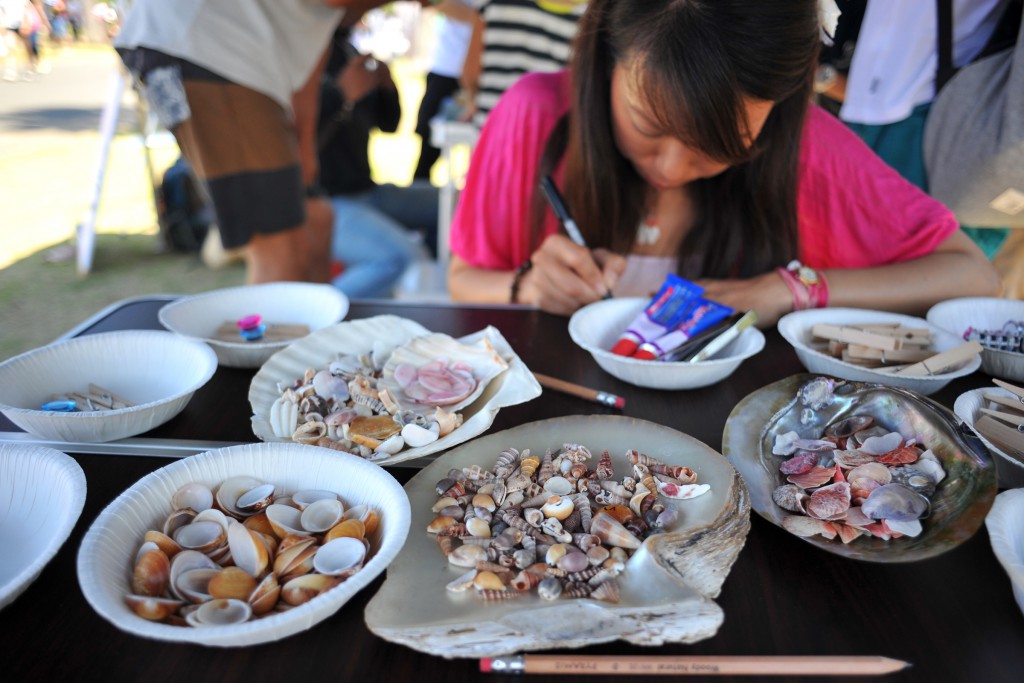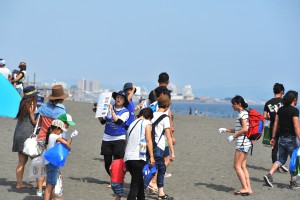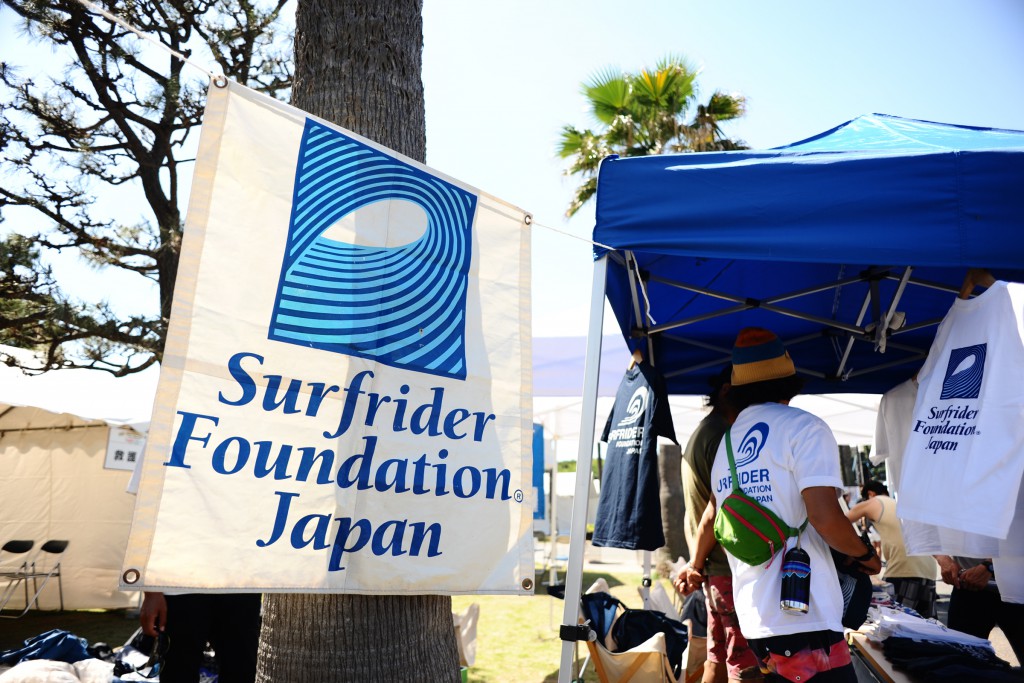“To Help Make Japan Greener,
All You Need is Wanhando”
Japan rightly has a global reputation as a very clean country, influenced significantly by social pressure. People sweep the sidewalks in front of their houses and shops in part because everyone else does. And because they can be held accountable by their neighbors.
Although the Japanese are likely tidier than most citizens of other nations, they tend to be less so when they are away from home (except at World Cup matches–remember the world’s amazement at seeing Japanese football fans picking up their rubbish in Brazilian stadiums after World Cup matches?). It has been reported that in exchange for awarding Mount Fuji World Cultural Heritage Site status, UNESCO extracted from the Japanese government a promise to clean up the mountain and keep it clean.
 I can see Mount Fuji from my home, but from 80 kilometers away I can’t see the rubbish. What I can see on the beach here near my home on the other side of Sagami Bay are thousands of PET bottles, hundreds of empty fishing line packages, dozens of golf balls and much, much more. My beach is small and very private so I clean it on my own every few weeks. A handful of municipalities and organizations in Kanagawa also organize regular beach cleanings.
I can see Mount Fuji from my home, but from 80 kilometers away I can’t see the rubbish. What I can see on the beach here near my home on the other side of Sagami Bay are thousands of PET bottles, hundreds of empty fishing line packages, dozens of golf balls and much, much more. My beach is small and very private so I clean it on my own every few weeks. A handful of municipalities and organizations in Kanagawa also organize regular beach cleanings.
One of my favorite organizations is Surfrider Foundation Japan, which is the local branch of The Surfrider Foundation originally founded in Malibu, California in 1984 by a handful of surfers. It has since evolved into a global organization with over 50,000 members with a mandate to protect coastlines and raise awareness of environmental issues.
 Globally, the Surfrider Foundation operates programs aimed at educating people about the coastal environment; raising awareness of and reducing pollution in marine environments; and monitoring (and publishing reports on) coastal water quality.
Globally, the Surfrider Foundation operates programs aimed at educating people about the coastal environment; raising awareness of and reducing pollution in marine environments; and monitoring (and publishing reports on) coastal water quality.
Surfrider Japan has a similar mission. It was founded in 1993 by a group of Japanese and Americans, including Patagonia founder Yvon Chouinard, in an effort to prevent the installation of concrete tetrapods on Kamogawa Beach in Chiba. Surfrider Japan launched its first beach cleaning campaign the next year. Since then it has been an active steward of the coastal environment, especially in the greater Tokyo area, conducting surveys, publishing water quality data and working to educate the public about environmental issues.
Masayuki Ota, one of the organization’s education officers, lives on the Shonan Coast in Kamakura and is in charge of Surfrider Foundation Japan’s operations in Kanagawa prefecture. Ota, who goes by the nickname Tao, started surfing 19 years ago as a teenager.
“I started as a volunteer with Surfrider Japan nearly 10 years ago and am working to try to inspire a love for the sea in the next generation,” he says. “Our name is Surfrider, but we’re not just for surfers. Surfers have a close relationship with the sea, the beach and the coastal environment, but climate change, water quality and marine pollution are issues that affect everyone and every organism on earth.
Talking about Surfrider Japan’s beach cleaning efforts and “Ban the Bag” campaign, aimed at reducing use of plastic bags, Ota continues, “Can one person’s actions make a difference? Yes, a very small difference. But put that person together with a friend, then a few more friends, then a handful of colleagues from work and before long you have a few dozen people making a difference. That turns into a few hundred and then a few thousand. Before long, you’ve changed the way people think about the environment and their actions. That is when real change can be made. That’s what we’re trying to do with Surfrider Japan–build a network of supporters who care about the sea, our beaches and the environment.”
Over time I have seen my regular cleanings make a difference on my beach. For a start, there’s almost no more broken glass. Plus, over the years I have seen all sorts of interesting things washed up on the beach. I have paused in my labors to make art from pieces of glass or driftwood. I have enjoyed the fresh air and the sounds of the sea lapping at the shore. In other words, even a bad day of beach cleaning is better than a good day at the office.
Surfrider Foundation Japan participates in beach festivals such as May’s One California Day in Fujisawa, and it organizes the One Handed (Wanhando) Beach Clean Up, which has as its premise that while you are carrying your surfboard with one hand, you can use the other to collect rubbish off the beach on your way home. To find out more about Surfrider Foundation Japan, and to become a supporter, see http://www.surfrider.jp/


